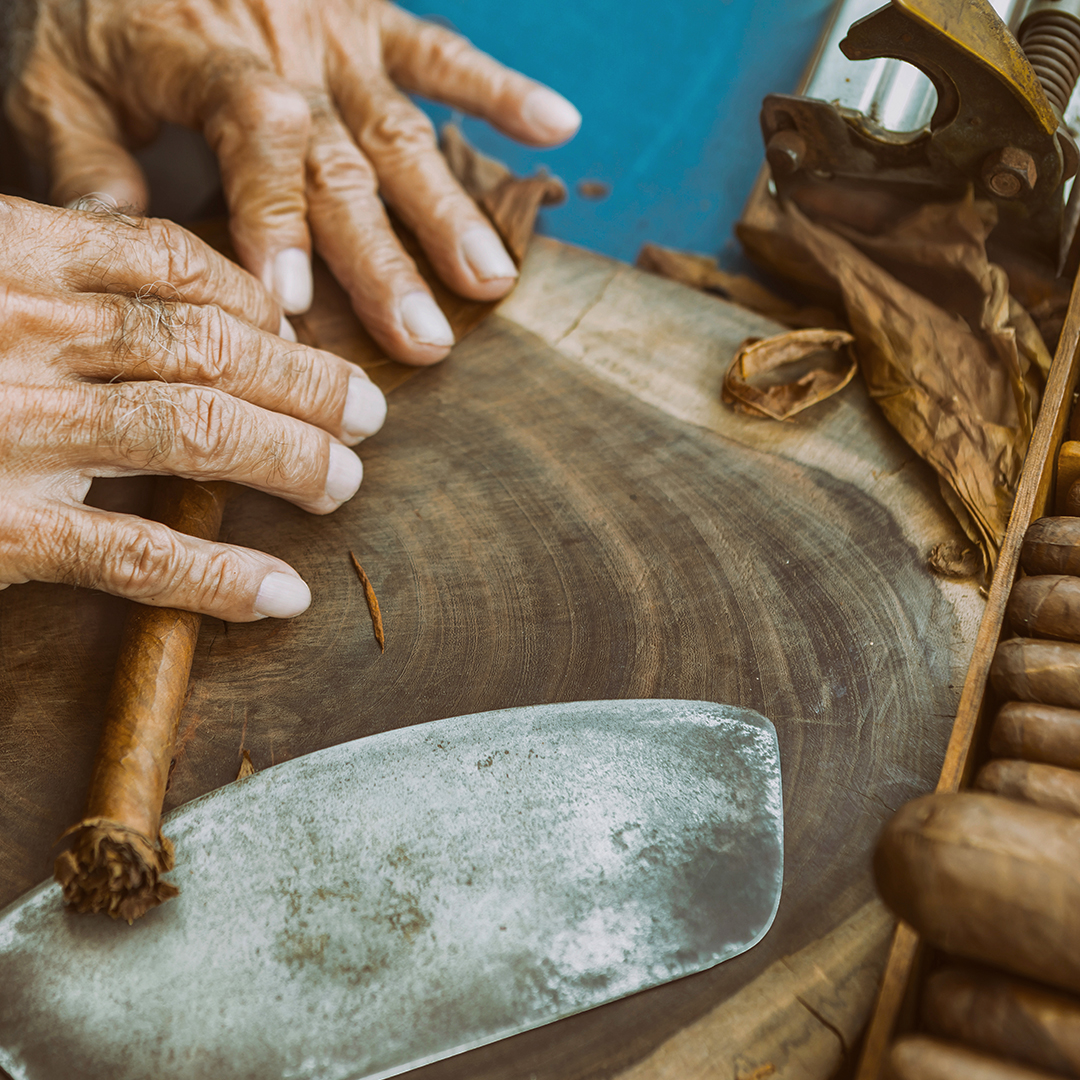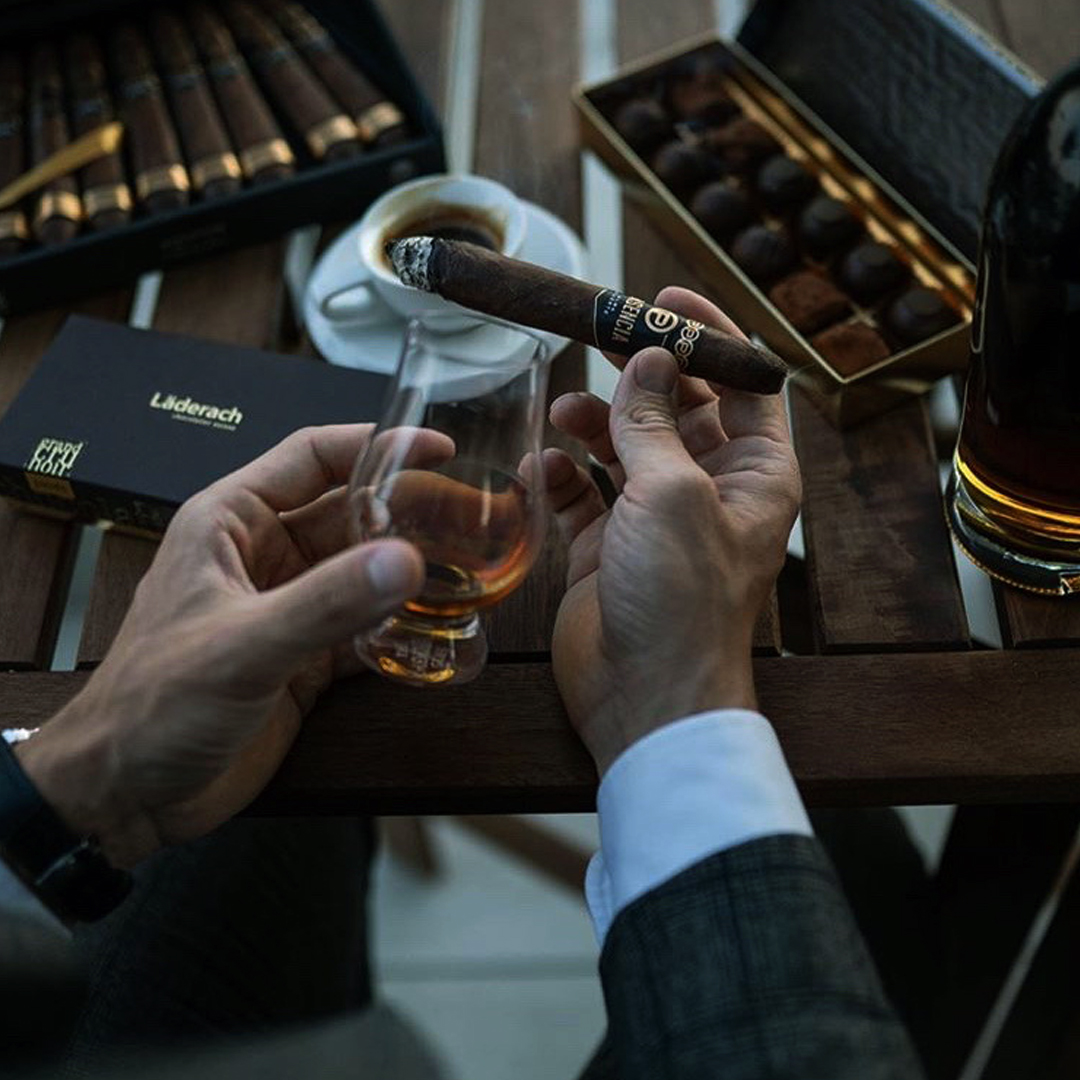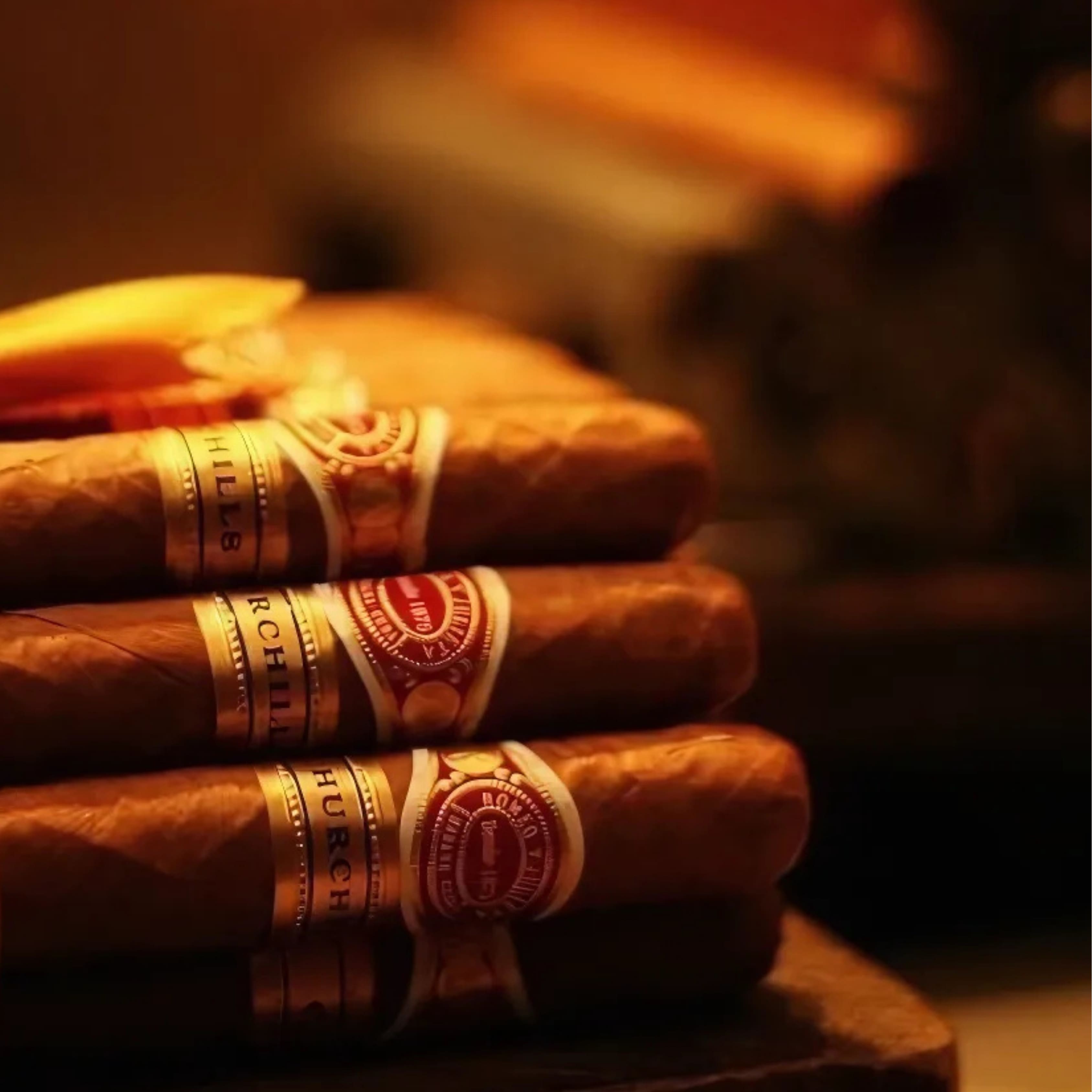
The history of cigars carries a story that dates back centuries. When Christopher Columbus discovered the New World in 1492, he observed the indigenous people of the Caribbean consuming tobacco by wrapping it in leaves. This marked a significant beginning in the history of cigars. Over time, tobacco was brought to Europe, and this unique form of consumption became especially popular among the aristocracy and the upper class.
Cigars are not just a tobacco product but also a representation of craftsmanship and cultural heritage. Traditional cigar-making involves the careful selection of tobacco leaves and hand-rolling them with precision. Every step in this process, from curing the leaves to fermentation, is done to ensure the highest quality. The attention to detail and the skill involved make cigar production an art form in its own right. Today, cigars are recognized worldwide as a symbol of elegance and prestige.
The cultural significance of cigars extends beyond their production. From the 18th-century European salons to modern-day cigar lounges, cigars have brought people together for conversations and celebrations. They have been associated with significant historical figures, from Winston Churchill to Mark Twain, further solidifying their place in history.

Smoking a cigar is an experience that should not be rushed. It is not just about smoking but appreciating the craftsmanship and flavor that each cigar offers. Here are some essential steps for a proper tasting experience:
Choose the Right Cigar: If you are a beginner, opt for a mild and aromatic cigar. If you are more experienced, you might want to try a full-bodied cigar with more complex flavors. The choice of cigar can significantly influence your experience, so take your time to explore different types.
Cutting: Use a special cigar cutter to make a clean cut. A precise cut ensures the cigar draws properly and provides an even burn. Avoid tearing the cigar, as this can ruin the experience.
Lighting: When lighting your cigar, use a match or a special cigar lighter. Rotate the cigar slowly to ensure an even burn. Avoid using regular lighters as they can alter the taste of the cigar. Take your time to light it properly for the best flavor.
Pacing: Smoke your cigar slowly. Puffing too frequently can cause the cigar to overheat, altering its taste. Take a puff every 30-60 seconds to fully appreciate the blend of flavors.
Pairing: Enhance your cigar experience by pairing it with a complementary drink. Whisky, rum, or coffee are popular choices, but the pairing largely depends on personal preference.
Relax and Enjoy: A cigar is best enjoyed in a calm and relaxed setting. Focus on the experience, the aroma, and the flavor profile of the cigar. Let it be a moment of indulgence and mindfulness.

Properly storing cigars is crucial to maintaining their flavor and quality over time. Without the right conditions, cigars can dry out, lose their aroma, or develop mold. Here are some detailed tips to ensure your cigars stay fresh:
Humidity Level: Cigars should be stored at a relative humidity level of 65-70%. Too much humidity can cause mold, while too little can dry out the cigars. The right balance helps maintain the tobacco's natural oils and flavors.
Temperature: The ideal temperature for storing cigars is between 20-22°C (68-72°F). Temperatures higher than this can lead to the growth of tobacco beetles, which can ruin your collection. Avoid extreme temperature changes, as they can cause the cigars to crack or lose their flavor.
Using a Humidor: Investing in a high-quality humidor is essential for preserving your cigars. A humidor helps maintain the optimal humidity and temperature conditions. Make sure to season your humidor before use and regularly check the humidity levels with a hygrometer.
Placement: Keep your cigars in their original cellophane wrappers or store them separately in the humidor to prevent flavors from mixing. If you have flavored cigars, store them in a separate compartment to avoid affecting the natural cigars.
Regular Maintenance: Clean your humidor regularly and replace the humidifying elements as needed. This ensures the humidor remains in top condition and protects your cigars.
Traveling: If you need to carry cigars, use a travel humidor to maintain their condition on the go. A good travel humidor can keep your cigars fresh for several days.